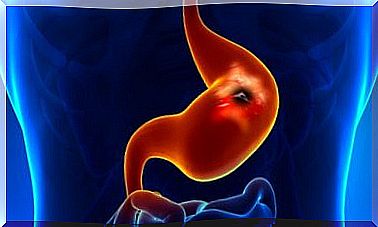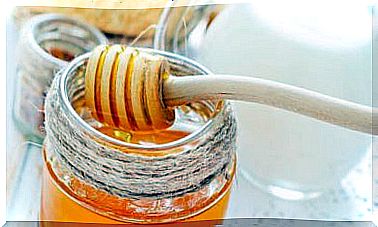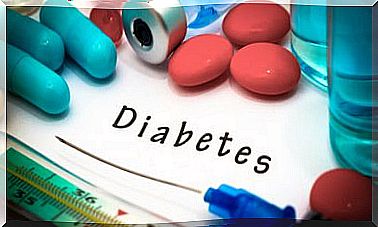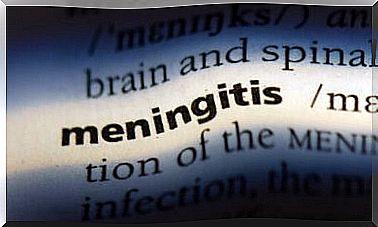Types Of Toxic Families And Characteristics That Define Them
Toxic families are like small islands that contain a home loaded with conflicts, mandates, and dysfunctional dynamics that affect all its members.
We know, on the other hand, that the term “toxicity” is in vogue. We have all heard and used expressions like “my relationship is toxic” or “at my work I have a“ toxic ”partner.
Well, it should be noted that this label does not correspond to any clinical description. There is no psychological manual that defines it or pathology or disorder associated with that word.
However, its popular use perfectly captures a whole set of processes that fit very well with the word toxicity.
The reason? There are people who, because of their personality style, behavior or communication style, hurt, steal balance, motivation and self-esteem.
Likewise, a phenomenon that is not talked about too much is that which occurs in a home, in those four walls where families, those small social groups, relate and bond with each other to, supposedly, take care of each other, love each other, educate children and build a future in happiness.
However, this does not always follow a rule of three. The family is a very hermetic institution where events occur that are not always positive.
So much so that, without a doubt, it would be necessary to delve into this issue, in the types of toxic families and their dynamics.
Types of toxic families

Psychologists and experts in family dynamics remind us that rather than focusing on toxic families, we should speak of “toxic parents.”
Both the father and the mother hold that position of power in a family, where their personality style will impact in one way or another on the rest of the inhabitants of that home, whether they are children and even dependents such as grandparents.
Also, the focus of “toxicity” is not reduced to a single limb.
Sometimes the relationship between the couple itself has a negative impact on the environment. In this way, an atmosphere full of tensions, emotions on the surface and a high level of anxiety is built.
Let’s see now what are the types of toxic families.
Manipulative, narcissistic and low tolerance families
There are family environments where the dysfunctional focus is on a member with a narcissistic and manipulative profile.
- It is common for this type of personality to create situations where control is exercised, freedoms and respect are curtailed and, in addition, there is very little tolerance.
- Living in this way has a high cost. Children will not feel cared for or respected, thus developing low self-esteem or even challenging behaviors by wanting to react to that toxic and negative power figure.
Immature parents and children who take care of their parents
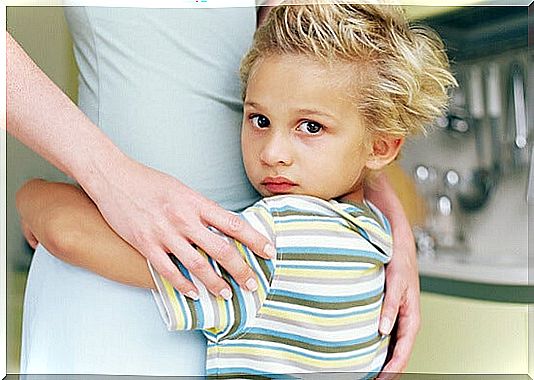
Another type of toxic family are those where the parents, either one or both, are very immature at all levels.
- Low responsibility, disinterest, laziness, or poor impulse control make them unreliable.
- It is common for children to assume adult responsibilities very early in these cases. Something that, on the other hand, is not suitable or healthy.
Children have their times, and it is not wise to have to grow up fast.
Parents who project their frustrations onto others
There is no worse psychological weapon than frustration looking for victims. In fact, the frustrated father or mother who projects their guilt, their fears or failures on their children or their partner is something quite common and exhausting.
All these dynamics leave their mark. Thus, few things can be as exhausting as those of those children forced to fulfill their parents’ dreams or to be that target where they can vent their own dissatisfaction.
Parents who use their children to go against their spouses
There are times when a father or mother can “instrumentalize” the children to attack the partner.
- These are situations that often occur in divorce proceedings. However, they also happen on a day-to-day basis, where they draw the attention of children who join one side or another to achieve something.
- They are dynamics dominated by blackmail very destructive in the infantile mind.
Defining causes of toxic families
Knowing the origin of the problem of this toxic or dysfunctional family can undoubtedly serve as a starting point. From which to be able to promote changes and coping strategies to regain harmony, good dynamics.
However, it must be said that it is not always easy. The emotional cost is often high.
Also, the changes do not appear overnight. Especially if, for example, we have become accustomed to communicating in a certain way or even not communicating with our own.
However, every effort is little to favor a better coexistence, respect and the happiness of parents and children.
Let’s see now what processes are usually behind toxic families:
- Possible psychological disorder, disorder or addiction problem of any of the family members.
- Abuse of power and an authoritarian style.
- Absent fathers or mothers, who neglect their responsibilities.
- Lack of affection, little attachment.
- Possible physical or psychological abuse or mistreatment.
- Poor communication style, either due to lack of skill, personality style or lack of interest.
- Lack of coherence, low reliability on the part of one of the parents.
- Low self-esteem in the father or mother.
- High level of demand and need for both the partner and the children to live up to the expectations of the father or mother.
To conclude, it is very possible that some of us are identified with much of this data.
Therefore, whenever possible, we will try to do our part to create a better environment, better relationships.
However, if we are aware that the impact of this relationship on us is very high and negative, we will have to make other types of decisions to safeguard our emotional balance and dignity.
